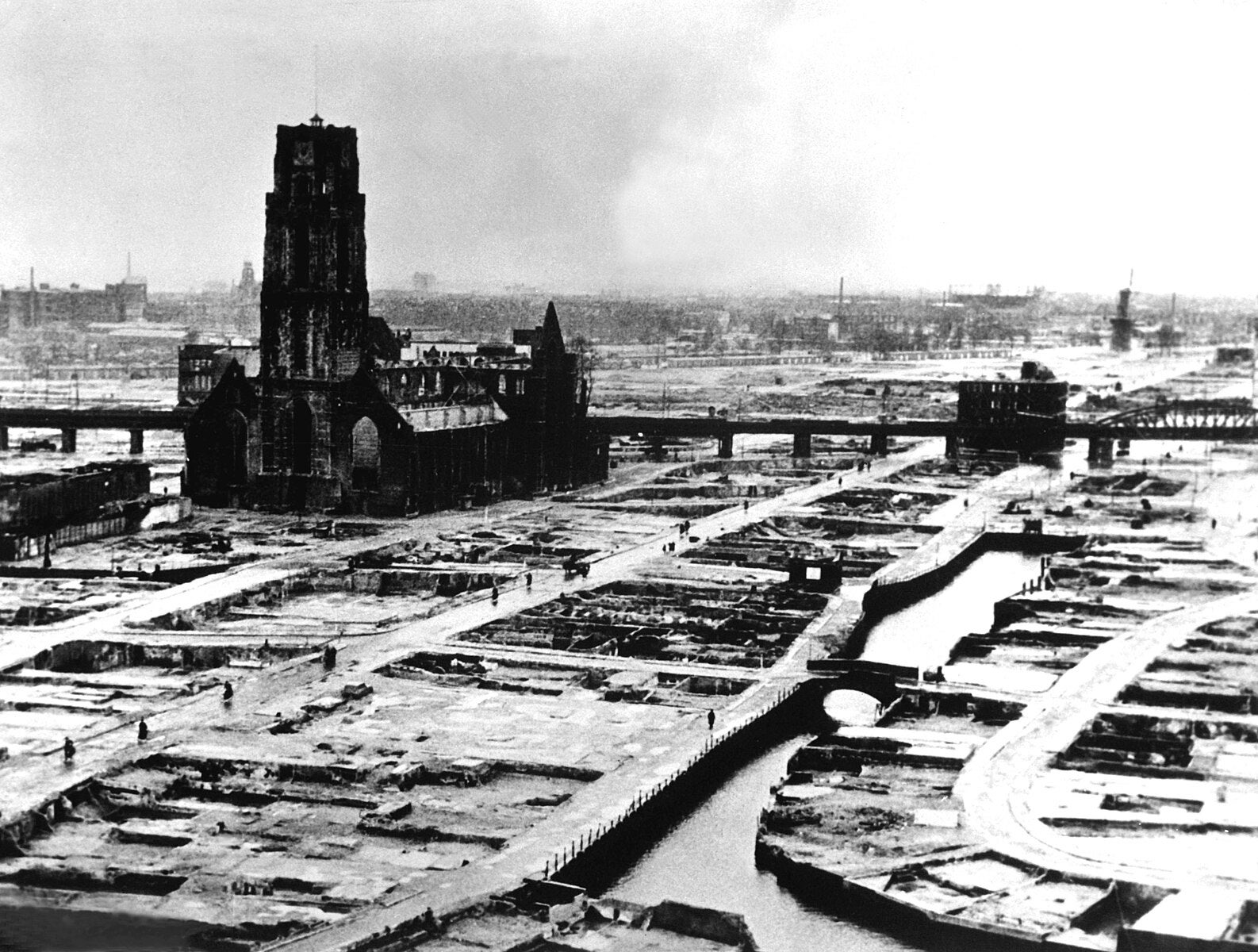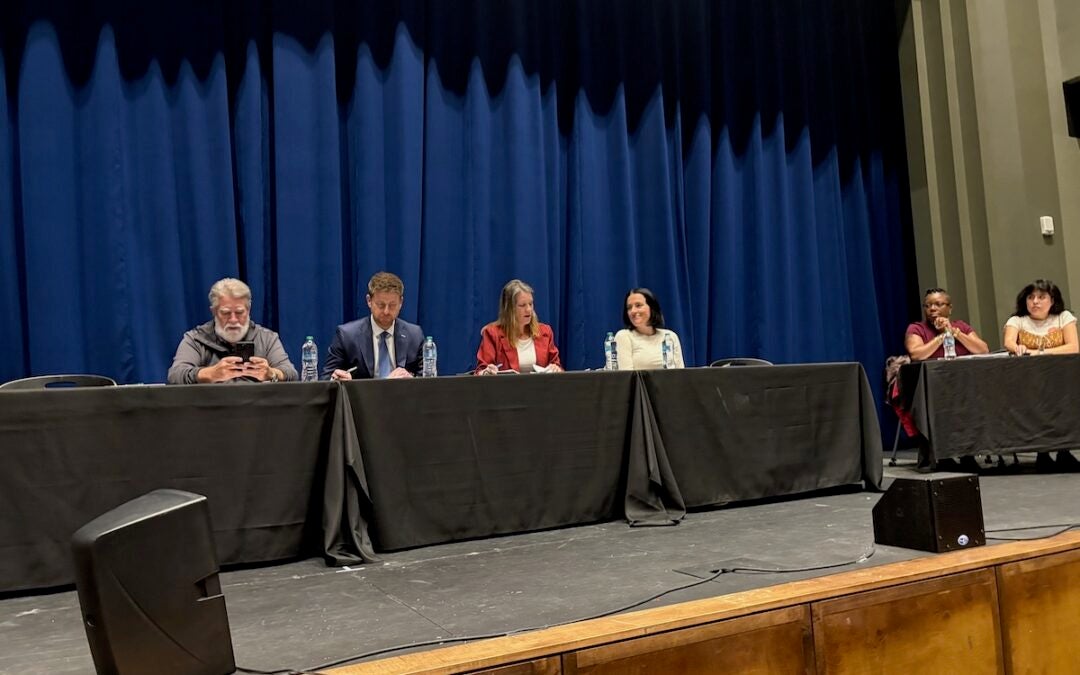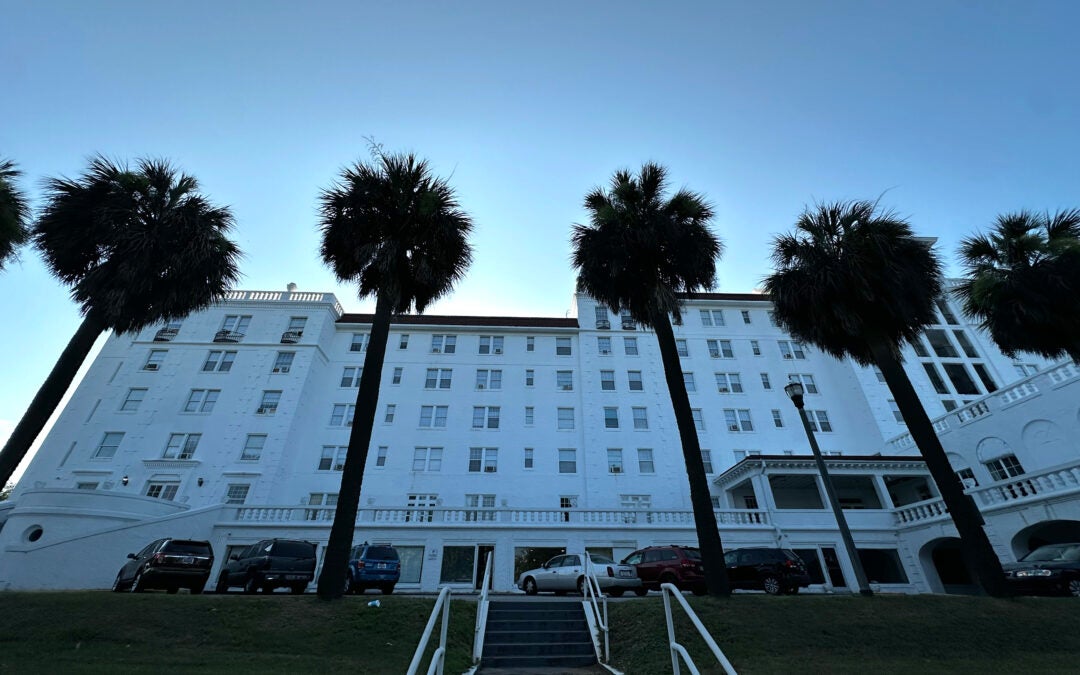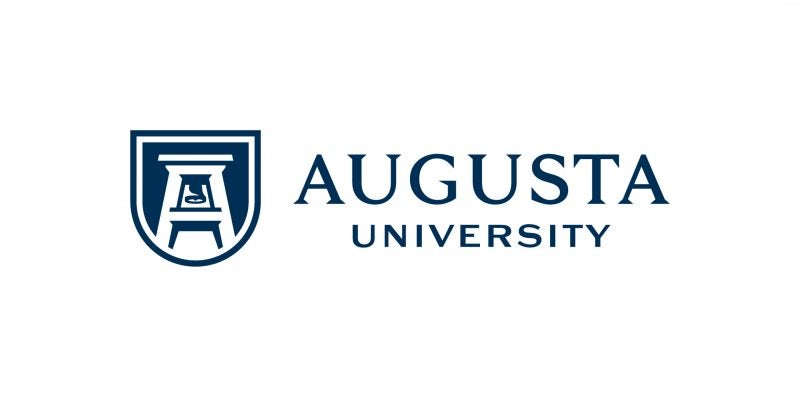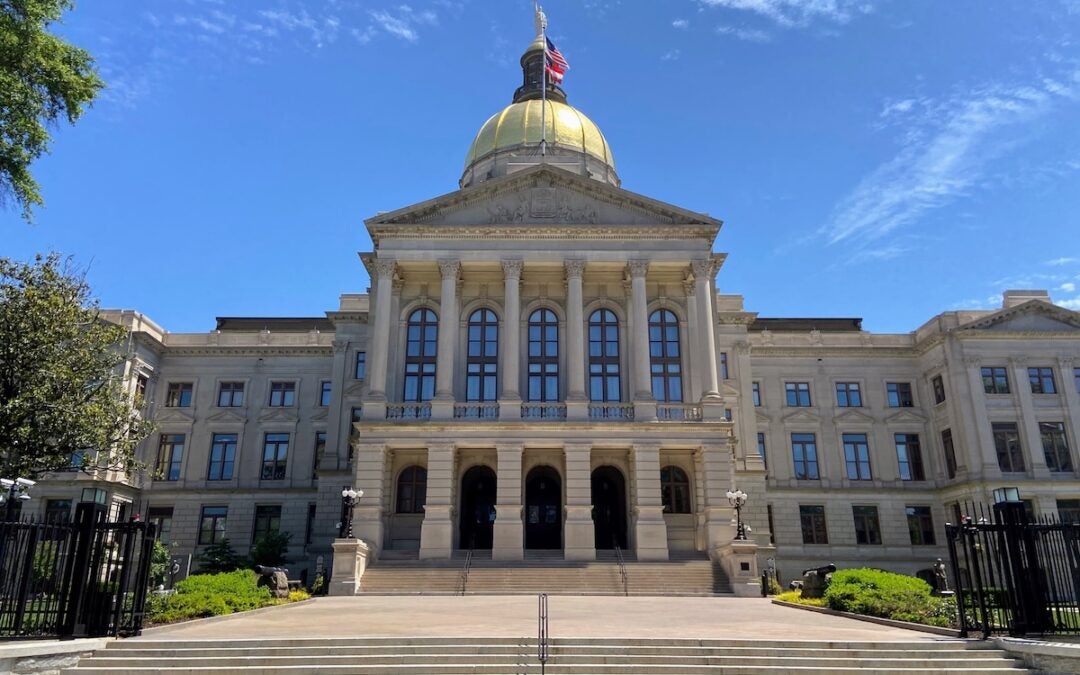My dad was woken suddenly in the wee hours of May 10, 1940. He stomped angrily to the window of his attic room – pretty typical accommodation for a young university student of the time – to find out what idiot was flying so low overhead as to rattle his windows.
He looked up and saw the black and white Luftwaffe crosses on the airplanes.
The Nazis had invaded the Netherlands.
Dad was lucky, I suppose. His health had disqualified him from the draft, so he did not take part in the actual fighting that followed. Holland surrendered five days later, its army still fighting, but without air cover, the struggle was hopeless, as the bombing of Rotterdam showed. When I say Dad was lucky, remember that luck is relative. He and his countrymen endured five years of occupation, until the United Nations armies forced the Nazis out.
My mother once told me that the only cheerful sound they heard those five years was the distant roar of the British and American air fleets flying overhead to bomb the Nazi Reich.
My parents survived the experience, but it left them permanently changed. This has all come back to me as the people of Ukraine are now in their 18th month of resisting Vlad Putin’s invasion. It’s made more real by the fact that one of my old college friends lives there with his family.
But Ukraine is far away. Does it really mean anything for us? The president has just asked Congress to authorize another $24 billion in aid for Ukraine. Most Americans support this – but not all by any means. Is the president right or wrong, and why do some Americans feel negatively about aiding Ukraine? To understand, we have to take a look back in our history.
Our feelings about America’s relationship with the rest of the world are a peculiar combination of feeling both invulnerable and vulnerable at the same time. This goes back all the way to our founding.
After we became independent, George Washington proposed avoidance of “entangling alliances” because he did not want us to be drawn into European wars. On this point, he had the support of all the founding fathers, for once. The reason lay in our geography. On the one hand, the new United States was unconquerable; it was simply too big for any other power to overrun. On the other hand, our country was terribly vulnerable because almost all of our wealth and most of our people were still clustered along the Atlantic coast. This lesson was rediscovered when we launched the War of 1812 in order to annex Canada; the British were able to launch a number of raids on peripheral cities, most spectacularly on Washington, D.C., which they burned in 1814. (If you think all this is a minor footnote in history, every time we sing the Star-Spangled Banner we celebrate the failure of their next raid, which was on Baltimore.) Aside from some occasional hot political rhetoric, we left the issue of Canada aside, and there was no successful attack on the continental United States until 2001.
So, George W. was right, as he often was. But, as we like to say in the history profession, things changed.
The United States grew immensely as the century wore on, and not just in area and population but also economically. Our global position changed, too. Some Americans felt that our interests now stretched far beyond our borders. They included Theodore Roosevelt, our 26th president, and Alfred Thayer Mahan, a naval officer and author who successfully argued for building a substantial navy. Maybe more importantly, in 1898 we fought and won the Spanish-American War, which led to our annexation of Puerto Rico, Guam and the Philippines. (The latter was the first step toward Pearl Harbor, but that’s a whole other story.) We also effectively took over Cuba. We were now completing the evolution from colony to empire in our own right.
This had no appeal to Augusta’s lone president, Woodrow Wilson, who would nevertheless lead us into World War I in 1917, three years after that bloodbath had begun. Wilson had no great desire to enter the war, but once in, he hoped to create a new international order that would prevent another world war. In this he failed, obviously, in large part because his fellow Americans quickly lost their appetite for international involvement. “Isolationism” returned.
This would have fateful consequences. The Great Depression enabled the rise of Adolf Hitler and the Nazis, who were committed to a policy of military conquest. As we had no alliances in Europe, and our government was forbidden by law from aiding any country at war, we had no influence on the following events. Britain and France tried to stop Hitler, declaring war when the Nazis invaded Poland in 1939 (with help from the Soviets), but by the summer of 1940, Hitler had overrun France as well.
It began to look as if the United States might wind up as democratic island in a fascist world. Franklin D. Roosevelt, our 36th president, responded in several ways. One was obviously to embark on massive military preparations. Another was to open discussions with Britain, albeit without a formal alliance. The final step was to begin sending aid to Britain, culminating in the March 1941 program known as Lend-Lease. Eventually this would amount to several hundred billion dollars in today’s money, mainly benefitting Britain, the British Empire and the Soviet Union. Aiding those already fighting Hitler and his allies was a lot cheaper than trying to do all the fighting ourselves – especially in blood.
Once the war was over, the first order of business was to keep it from happening again. Stopping aggression as soon as possible was regarded as essential; otherwise, aggressors could consolidate the benefits of their ill-gotten gains before moving on to the next step. But how? There were two ways.
The first was military preparation, hopefully to deter aggression, otherwise to fight it. This has not changed. The president’s current defense budget proposal is for $886 billion.
The second was through international action, especially military alliances. This has not changed. In 1949, the United States founded the North Atlantic Treaty Organization (NATO), which still exists today. At the time, the saying was that it existed to keep the Americans in, the Russians out, and the Germans down. The alliance grew vastly eastward after the collapse of the Soviet Union, angering many Russians – not without some justification. Nevertheless, it remains by far our most important military alliance.
And that is a major reason why the president (and, less importantly) believes it is necessary to aid Ukraine.
Ukraine is not a NATO member. This is good for us, because otherwise, we would already be at war, as we are sworn to defend our fellow NATO members. However, if Putin overruns Ukraine, that eliminates a huge buffer zone between him and the southern NATO countries. Now, some may believe that Putin would stop at that point and never molest the rest of Europe.
If that were true, why would the Finns and the Swedes, who know Russia and Putin extremely well, have decided to join NATO? Short answer; they don’t know where he would stop. Helping Ukraine stop him now is insurance against Putin recklessly attacking a NATO member, thereby triggering World War III. And he is reckless; even when he was a KGB (Soviet secret police) officer, his superiors criticized him for taking too many risks.
So, the president wants to send aid to Ukraine to protect NATO and reduce the risk of World War III. Seems like pretty good ideas to me, but wait – there’s more. Two things.
First, there’s that agreement we signed in 1994. Called the Budapest Memorandum on Security Assurances. Russia, America and Britain agreed never the threaten Ukraine, Belarus, and Kazakhstan with economic or military pressure, except in self-defense or for a reason allowed by the Charter of the United Nations. In return, those latter three countries gave up their nuclear weapons. Putin has not tried to weasel out of this; instead, he simply says Russia is no longer bound by it. The Budapest Memorandum is not a military alliance, so it doesn’t compel us to go to war to help Ukraine – but it does, I suggest, give us some obligations.
Second, maybe it’s just the right thing to do.
Hubert van Tuyll
Emeritus, Augusta University
Hubert van Tuyll is a retired military historian who taught at Augusta University. Reach him at hvantuyl@augusta.edu

